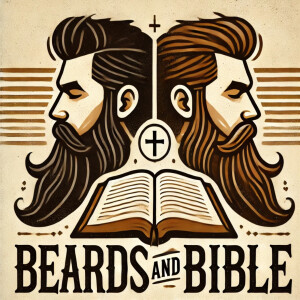
Wednesday Jun 28, 2023
Confederate Statues, Slave-Owning Founding Fathers, the Censorship of American History, and the Christian Response.
In the city of New Orleans, Louisiana, there stood a statue near a city park of Pierre Gustave Toutant-Beauregard, who himself was a native of St. Bernard Parish and grew up in New Orleans. The statue was placed there in 1915.
Beauregard was an early proponent of equal rights in Louisiana, serving as the outspoken leader of the short-lived and ultimately failed unification movement.
The movement was a coalition made up of prominent white and black New Orleanians that called for integrated schools, public places and transportation and voting rights for black men, two years before Congress passed the Civil Rights Acts of 1875 and nearly a century before the enactment of major civil rights legislation in the 20th century. Beauregard was the group's chairman.
For the city of New Orleans, Beauregard died as a local hero.
But on May 17, 2017, Beauregard’s statue was removed. Why? Because P.G.T. Beauregard (as he’s more commonly known) was a general of the Confederacy during the American Civil war. As a matter of fact, Beauregard commanded the attack at Fort Sumter, the shots of which marked the outbreak of the American Civil War. He fought in the First Manassas and at Shiloh, and he defended Charleston from Union occupation for two years. For many, Beauregard’s statue represented nothing more than slavery and institutional racism.
In the United States, the public display of Confederate monuments, memorials and symbols has been and continues to be controversial. There were 73 Confederate monuments removed or renamed in 2021, and there are now close to 700 left in the U.S.
Some say the statues glorify people who perpetuated slavery, attempted secession from United States, and lost the Civil War and the statues are nothing more than a painful reminder of past and present institutionalized racism in the United States.
Others say that the statues represent the country’s history, no matter how complicated. Taking them down is to censor, whitewash, and potentially forget that history.
So how do we make sense of the controversy? How do we as Christians engage in this controversial conversation with respect, civility, wisdom, and Christ-like love?
No comments yet. Be the first to say something!